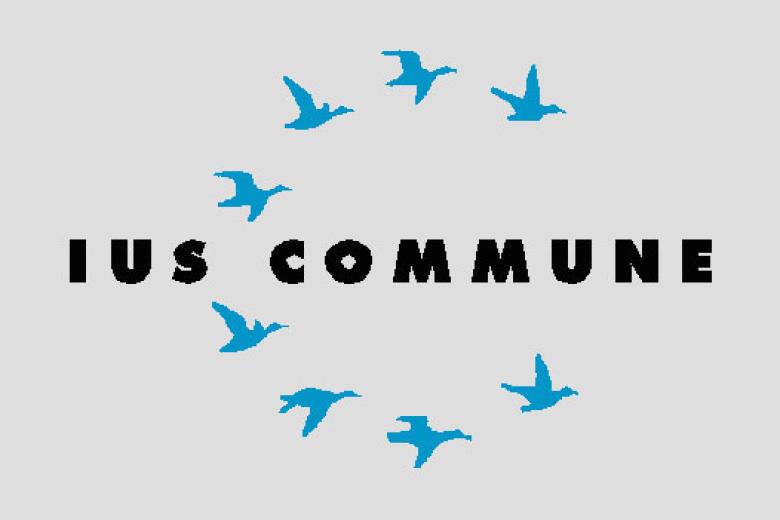The Need to Constantly Revisit Our Understanding of ‘Ownership’
On 12th November 2025, the Maastricht European Private Law Institute (M-EPLI), together with the Research Project “Revocable Properties”, organised a Roundtable on 'Novel and Recurrent Challenges in Ownership’, in which, next to more general-theoretical property questions, more in particular the...








